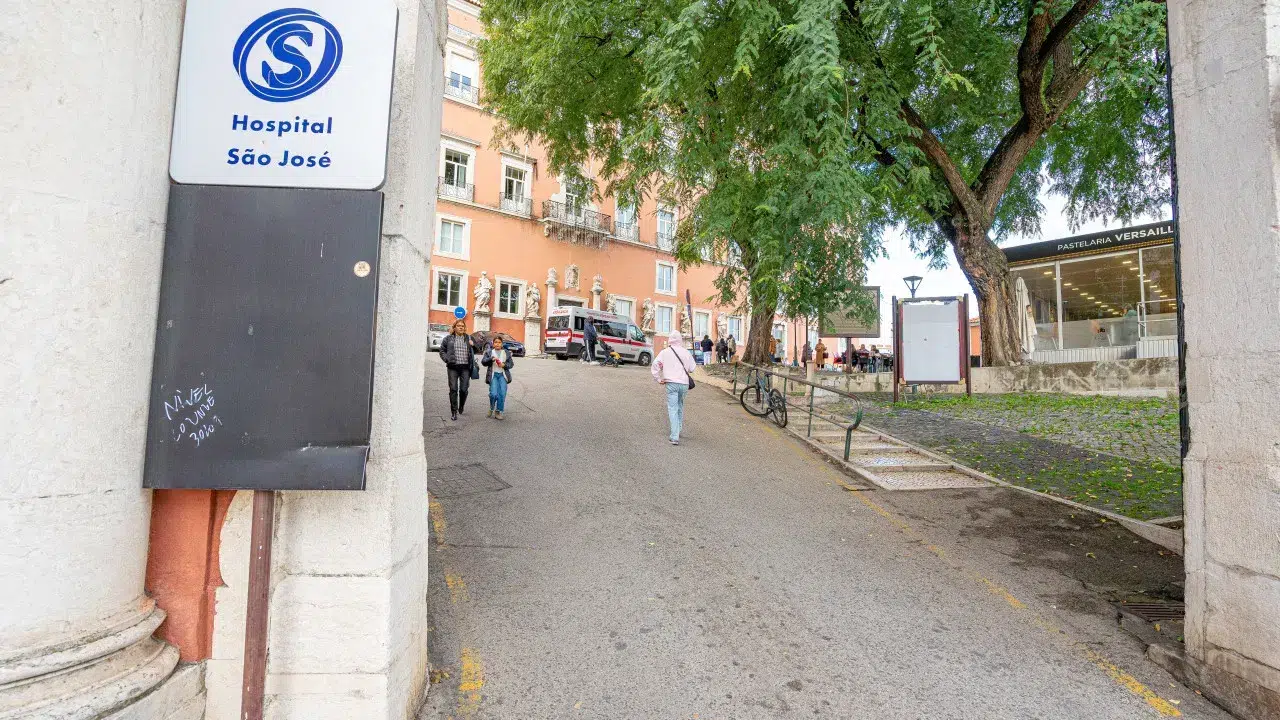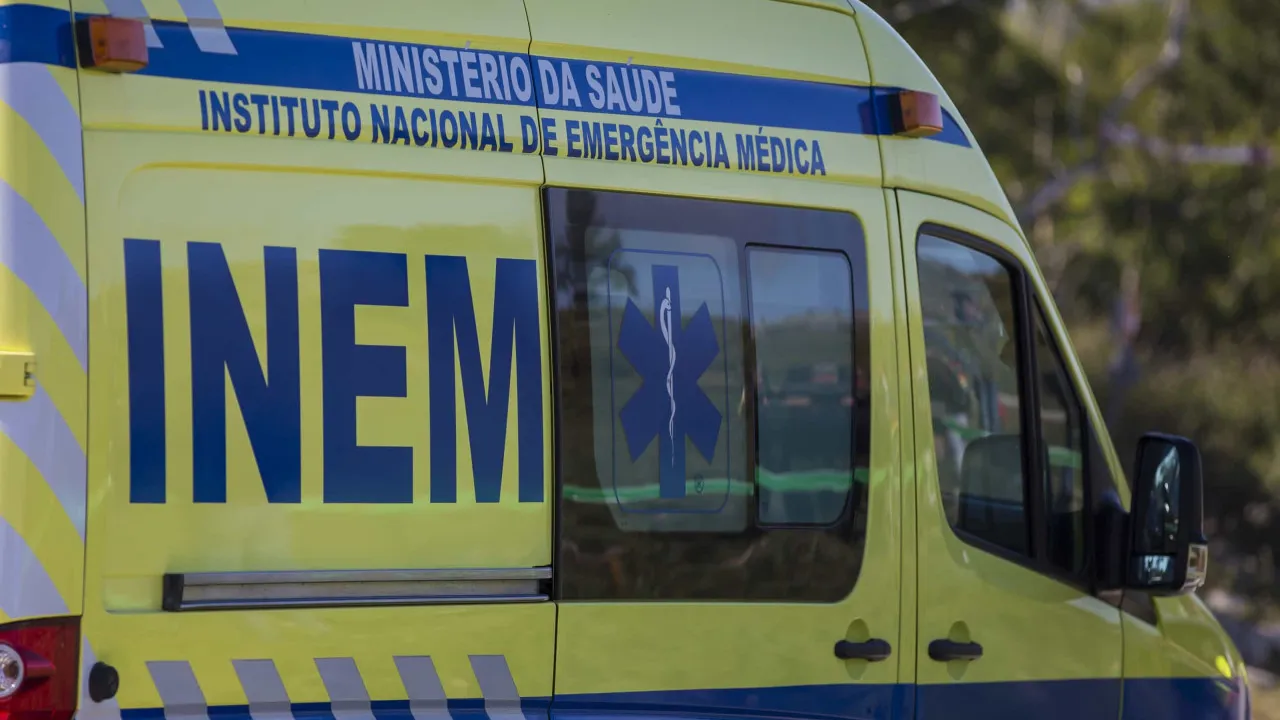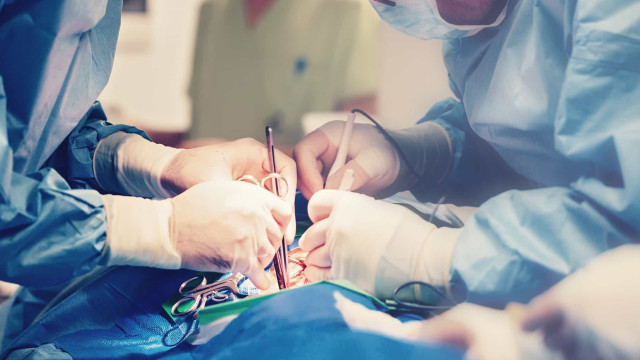Controversy has emerged surrounding the Dermatology service at the Santa Maria Local Health Unit (ULS) in Lisbon. A dermatologist recorded performing several surgeries under her name, although they were conducted by junior doctors while she attended a conference in Italy, reports suggest.
On May 14 of this year, a Saturday, dermatologist Rita Travassos was attending a conference in Italy. However, medical records indicated she operated on several patients that day, earning access to lucrative weekend surgeries. Reports indicate the surgeries were actually carried out by junior doctors.
In seven days of additional surgical production (Saturdays), Rita Travassos accumulated nearly 113,000 euros. She was contacted for clarification but did not respond to requests.
This issue concerns the Integrated Management System for Surgical Waitlists (SIGIC), which allows surgeries outside regular hours in an effort to reduce long hospital queues. This system will soon be replaced by the National System for Access to Consultation and Surgery (SINACC), which plans a comprehensive review of existing rules and prices.
This month, the Executive Board of the National Health Service (DE-SNS) instructed hospitals to ensure greater rationality in dermatology services, limiting surgeries outside normal hours to only highly urgent oncological or benign cases.
In a document titled ‘Additional Surgical Production in Dermatology’, sent to 39 local health units and accessed by news agency Lusa, the DE-SNS outlined five guidelines intended to ensure balanced and rational programming of both Base Production and Additional Production in Dermatology.
The Case of the Doctor Who Earned 400,000 Euros on Saturdays
The guidelines were issued following reports of a dermatologist allegedly earning 51,000 euros in a single day’s work at Hospital de Santa Maria, prompting investigations by the Public Prosecutor’s Office and the Health Activity Inspectorate.
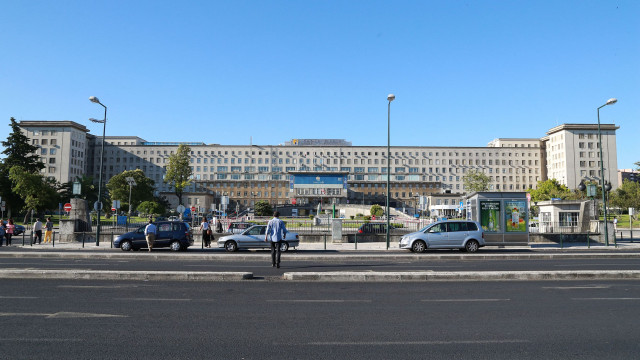
Over two years, the doctor at Hospital de Santa Maria was on medical leave for nearly one of them.
Notícias ao Minuto | 14:16 – 29/05/2025
The dermatologist, identified as Miguel Alpalhão, stated he operated on “who needed to be operated on” and committed no “illegal activities” nor violated communicated rules.
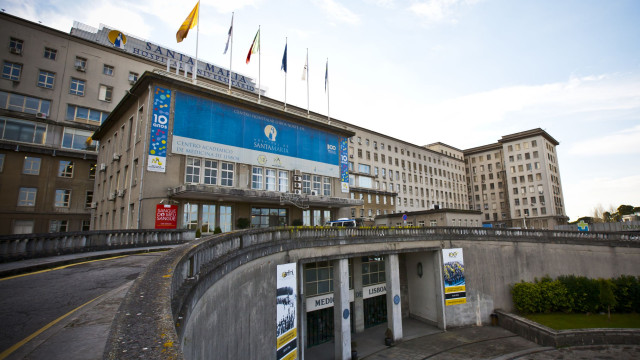
The dermatologist at Santa Maria, who earned about 400,000 euros from ten additional Saturdays of work last year (and 51,000 euros in a single workday), asserts he committed no “illegal activities” nor violated any rules, and that his superior was aware of the surgeries on parents.
Notícias ao Minuto | 11:53 – 20/06/2025
It should be noted that in a recent document, the DE-SNS stated that the full implementation of these reforms—the introduction of SINACC and the update of the patient classification system—requires a structured transition involving the adaptation of information systems, the development of new operational procedures, and coordination with all SNS institutions.
Since the completion of this process will take time, the Executive Board emphasizes the necessity of “adopting immediate corrective measures of a transitional nature to mitigate identified situations and ensure a responsible, rigorous, and balanced management of additional production, particularly in Dermatology.”
In this context, it argues it is “crucial to ensure that activity conducted under additional production remains consistent with conventional production parameters, both in terms of volume and clinical complexity,” to prevent “distortions in service organization and financing, thereby ensuring a more efficient, transparent, fair system oriented to the real needs of SNS users,” especially in Dermatology.
For this purpose, the DE-SNS requests hospitals to only conduct additional surgical production in Dermatology when properly classified as either highly urgent oncological or benign cases.
It also recommends that each month, for each Homogeneous Diagnosis Group (HDG), which underlies the registration and financing of surgical activity in SNS, internal additional surgical production in dermatology should not exceed the number of surgeries in base production.
To standardize the payment criteria for surgeries outside normal working hours, particularly concerning severity, the DE-SNS specifies that payments for additional production should correspond to the severity level.
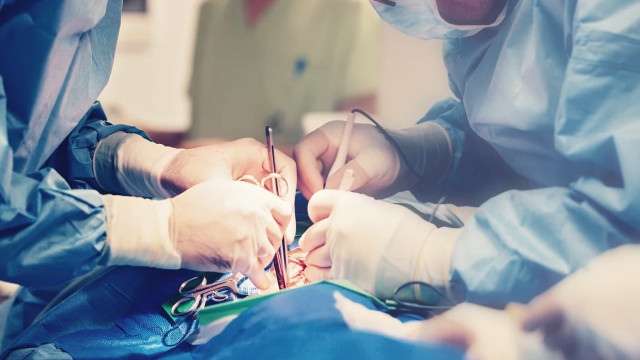
The Executive Board of the National Health Service today instructed hospitals to ensure greater rationality in dermatology services, limiting surgeries outside regular hours to only highly urgent oncological or benign cases.
Lusa | 16:22 – 16/06/2025

